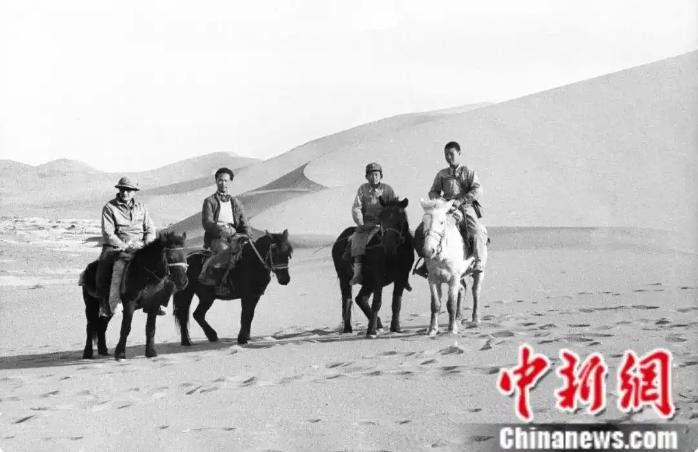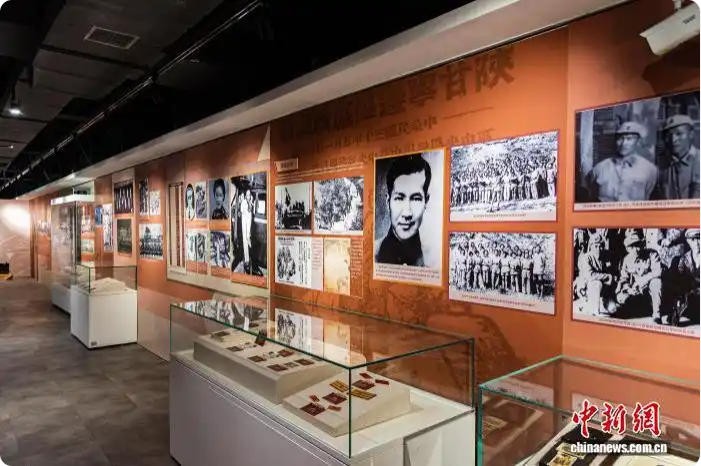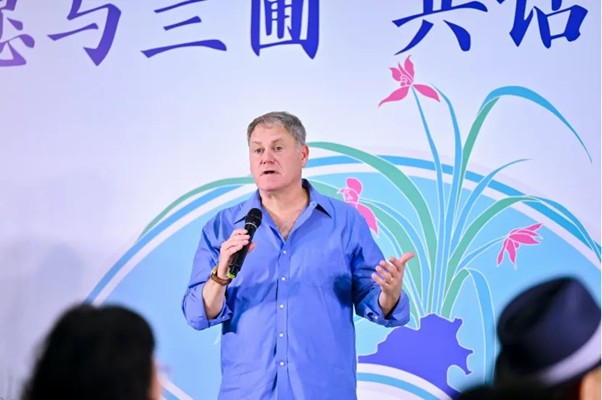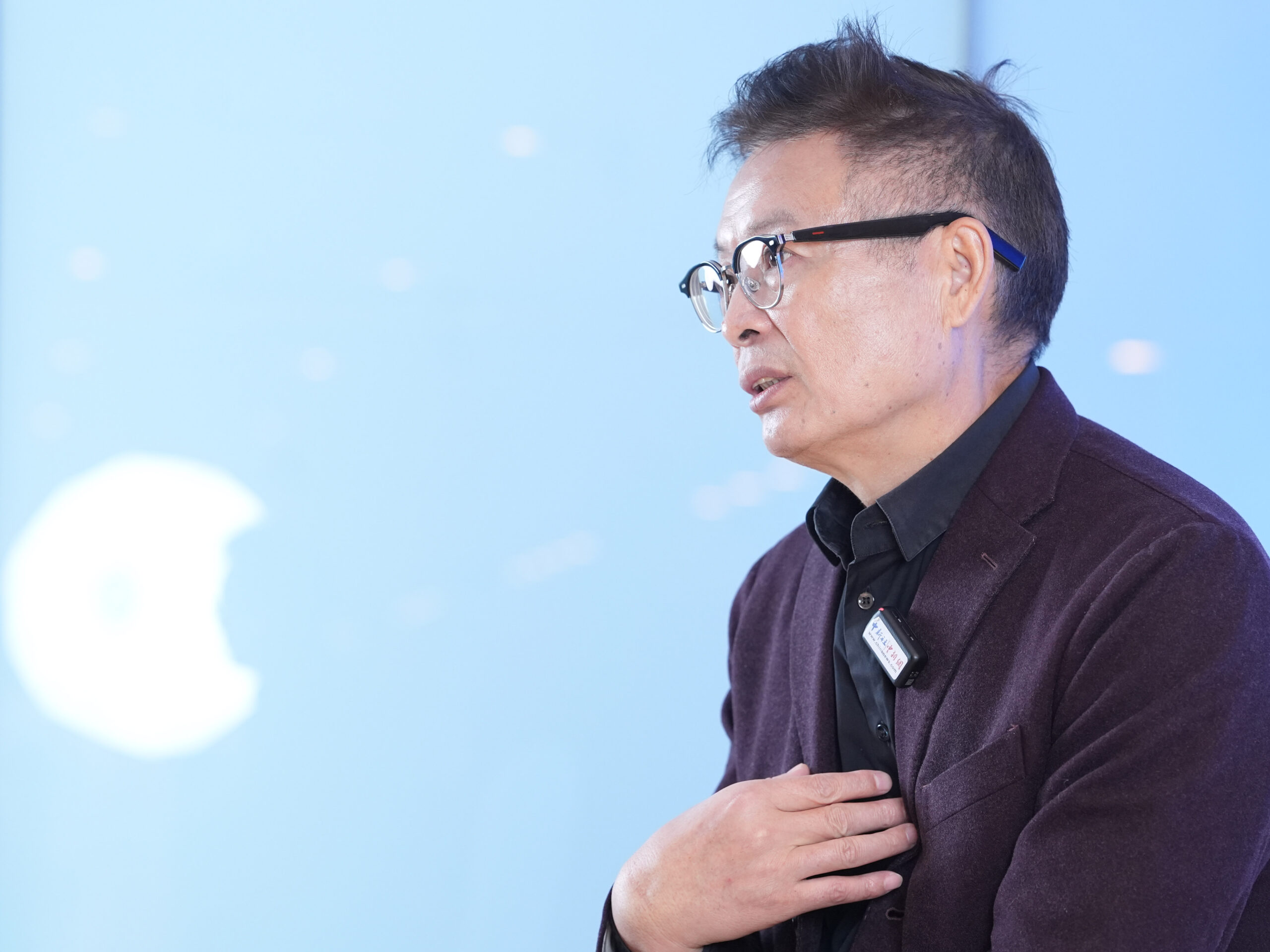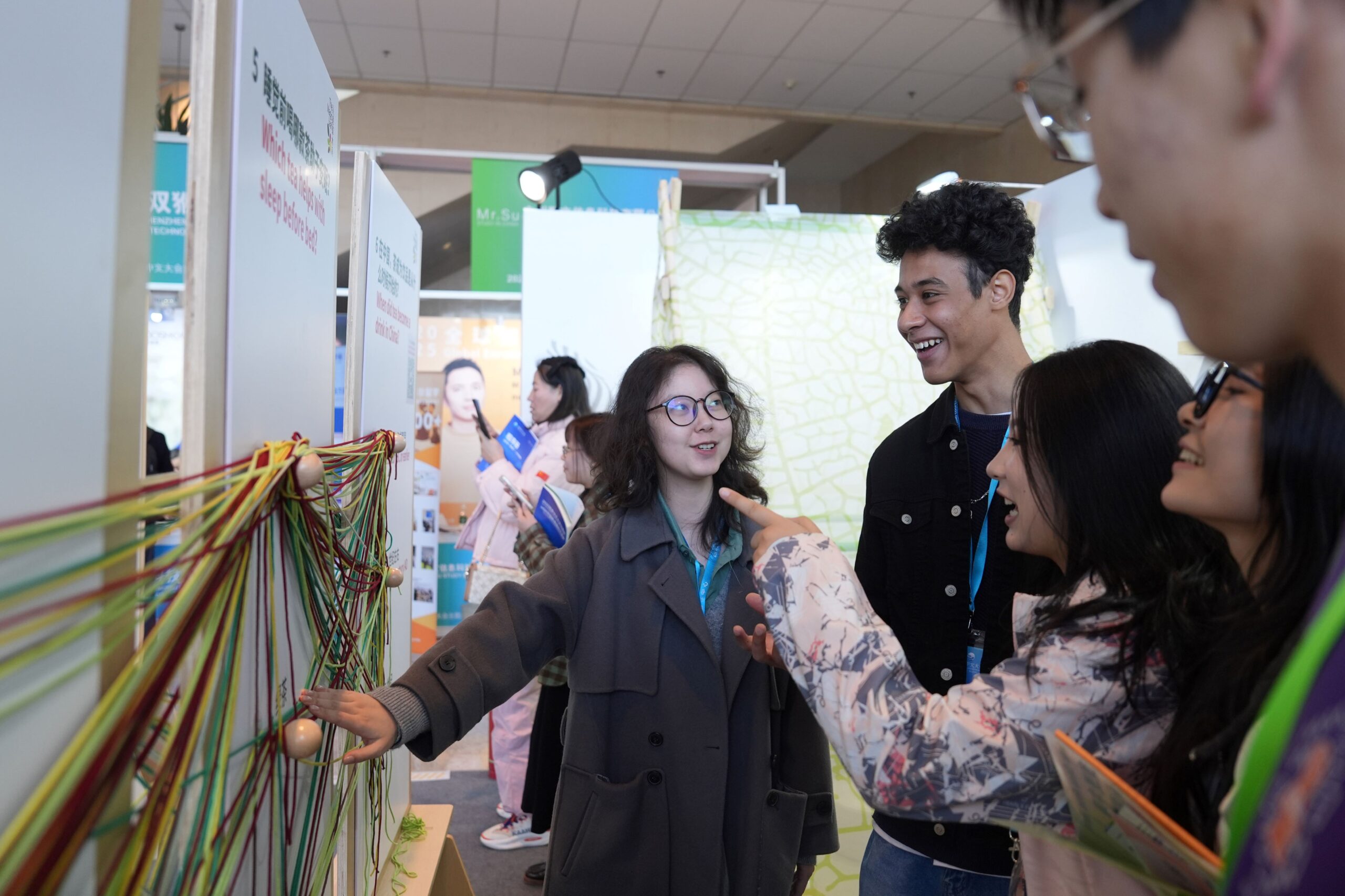Brazilian Sinologist Shen Youyou, who has translated and published several works on Confucian teachings in Portuguese, shares his insights on the spread and development of Confucianism in Brazil recently.
In 2005, a young Brazilian with a passion for traditional Chinese culture traveled across the ocean to China. Over the next 20 years, he evolved from a Chinese language learner into a researcher and a translator of Chinese Classics, completing a transformation from personal absorption to interpreting the governance philosophies of ancient Chinese sages for Brazil and other Portuguese-speaking countries.
He is the Brazilian Sinologist Giorgio Sinedino, known in Chinese as Shen Youyou. Recently, Shen Youyou was interviewed in Beijing by China News Service. In an interview with “East-West Inquiry,” he shares his insights on the spread and development of Confucianism in Brazil.
To interpret Confucianism, one must set aside preconceived notions in order to return to its essence.
During his 20 years in China, Shen Youyou translated and published several works on Confucian teachings in Portuguese, including ‘ Os Analectos,’ which features detailed interpretations. In 2018, Os Analectos ‘ won first place in the Chinese-Portuguese translation category at the inaugural ‘Chinese-Portuguese Literary Translation Award,’ jointly organized by the Macao Foundation and the University of Macau. The book has sold over 200,000 copies and is regarded by readers as a ‘new classic’ translation of ‘The Analects.’
“If I were to choose one book from the Chinese Classics to translate and interpret, I believe most people would select ‘The Analects’ as their first choice.”Shen Youyou articulated his regard for ‘The Analects’ in this manner. He explained that, considering its role and status in the history of Chinese thought and philosophy, prior to modern China, ‘The Analects’ served as an enlightening text. The children of the scholars or officials often memorized it before even learning to write. ‘The Analects’ is one of the foundational texts of Chinese Confucian doctrine and ancient thought and philosophy. In Shen Youyou’s view, the development of Western Sinology also suggests that, in a certain sense, the book that best represents Chinese thought is ‘The Analects.’
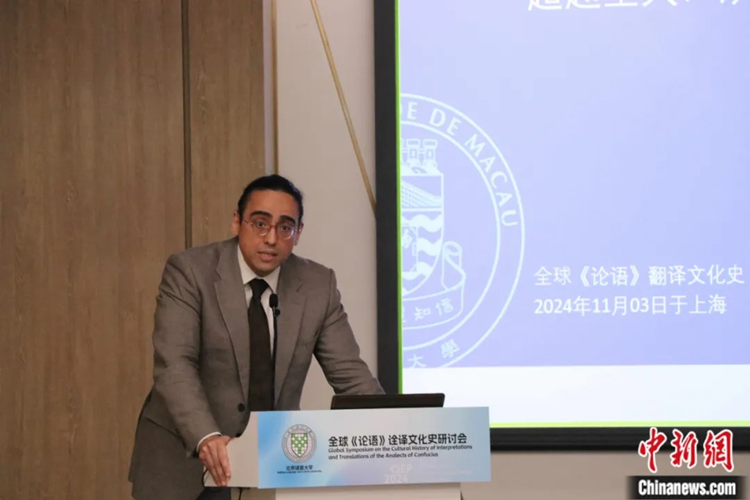
Shen Youyou joins in a global symposium on Confucious. (Images from Ecns)
The translation of ‘The Analects’ into Portuguese in Brazil possesses its own distinct characteristics. Shen Youyou explained that by the early 20th century, Confucius had already become a public figure in Brazil. Given the political climate at the time, the public was critical of political life. Although Brazilians had limited knowledge of Confucius, they looked outward for solutions to their problems and became aware of his ideas on ‘integrity and clean governance,’ viewing him as a symbol of Eastern wisdom. He noted that while it has not been verified how Brazilians first learned about Confucius, there was already a version of ‘The Analects’ translated from a third language (possibly French) in Brazil by the early 20th century. However, this version lacked annotations and explanations, so people only grasped the basic meaning of ‘The Analects’.
“More than a hundred years have passed, and now we must strive for excellence by considering more deeply how generations of Chinese have discussed, understood, and practiced Confucian teachings,” stated Shen Youyou. His goal is not only to translate ‘The Analects’ linguistically but also to help Portuguese readers grasp the philosophical value contained within the text. Although the language of The Analects is simple, its connotations are extremely rich. “Sometimes, you can read it many times and still not understand. If one wishes to translate this book, many issues can be resolved through interpretation and annotation.”
However, this is no easy task, and Shen Youyou faces numerous challenges during the translation process. The first hurdle is the language barrier; The Analects is written in Classical Chinese, and there are significant differences between the ancient Chinese language system and the Portuguese language family. Even some basic sentence structures and vocabulary do not align. More challenging is the cultural background; for instance, The Analects plays a crucial role in the construction of Chinese institutions, the culture of rites and music, and the formation of moral concepts. Yet, during the translation process, there are often no corresponding concepts. Even when similarities exist, Westerners tend to interpret them from their own cultural perspective.
“A very simple example is the phrase ‘In a group of three, there must be a teacher among us.’ The term ‘teacher’ can be translated into Portuguese as either ‘mestre’ or ‘professor,’ but each choice has its limitations.” Shen Youyou remarked, how can these issues be addressed? We must return to the realms of interpretation and annotation. Although interpretation and annotation have their own constraints, they can at least remind readers not to equate them with the literal meaning in Portuguese.
“We advise everyone not to guess the meaning independently or to express it based on their understanding after reading the original text. In ancient China, shortly after The Analects was published, discussions about its specific meanings began, resulting in various annotations and commentaries. Therefore, when we undertake translation, interpretation, and annotation, we must base our work on the interpretative materials accumulated over thousands of years, tailored to the context of readers in Portuguese-speaking countries.”
Shen Youyou believes that every book is unique and should be approached with different translation strategies. He also aims to showcase the diversity and richness of Chinese thought and culture by elucidating the characteristics of each book and individual.
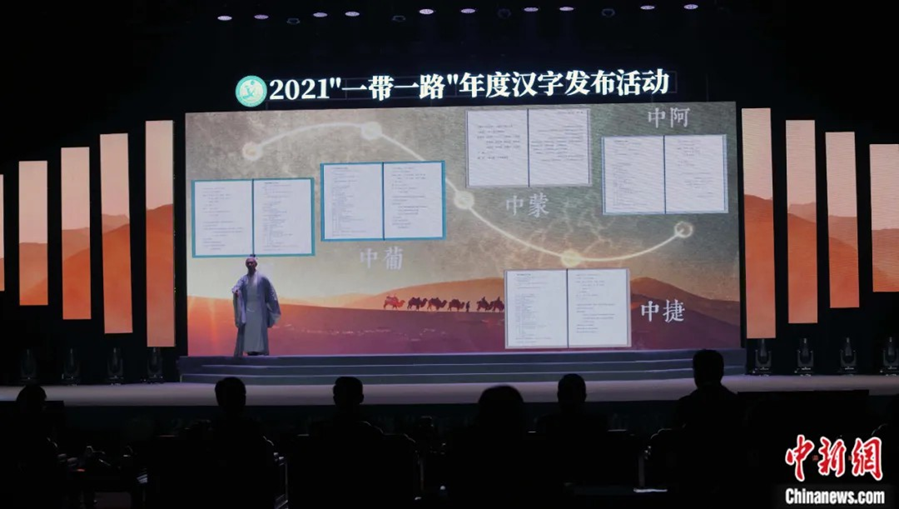
A Chinese character event takes place at the Nishan Sacred Area in Qufu, Shandong. (Photo by Ren Haixia)
To disseminate Confucianism, it is essential to adapt to local conditions and contexts, thereby establishing roots in foreign lands.
Since the early 20th century, Confucianism has been present in Brazil for a century. How can contemporary Confucianism further establish its roots, and what adaptations are necessary to align with local conditions? Shen Youyou often reflects on this.
The development of Confucianism in Brazil has made progress, but the pace is not ideal. Shen Youyou has observed that the lack of a linguistic foundation presents a challenge for Confucianism to further take root in Brazil. If Chinese cannot become a significant foreign language in Brazil, substantial efforts will be required to address the deficiencies in the linguistic foundation necessary for the development of Confucianism.
Despite the challenges, the development and progress of Confucianism in Brazil are becoming increasingly evident. Shen Youyou noted that the sales of literature related to Chinese culture in Brazil are on the rise, leading the younger generation of students to place greater importance on Asian culture, including Confucianism.
“In Brazil, while there are many Portuguese translators of Chinese works, those capable of translating ancient texts are few and far between. ” As one of the early translators who can fully rely on Chinese materials to produce Portuguese interpretations, Shen Youyou hopes that more Brazilians will have the opportunity to live in China for a time, learn from esteemed Chinese scholars, and understand how the Chinese interpret classical texts and the specific impacts these works have on Chinese society. “Understanding China, comprehending Confucianism within Chinese society, and then bringing this knowledge back to Brazil and other Portuguese-speaking countries is essential for the deepening of Confucianism in Brazil and for addressing its challenges. I believe the prospects are optimistic.”

Teachers from the Confucius Institute write Chinese characters for Brazilian citizens. (Photo by Lin Chunyin)
In discussing the global dissemination of Confucianism, Shen Youyou asserts that the development of Confucianism is a process that evolves with the times; the Confucianism of today and the future is not entirely equivalent to the past. For the international community to gain a deeper understanding of Confucianism and China, it must recognize the complex relationship between Confucianism and modernity. Confucianism encompasses not only the social activities of Confucius and his disciples but is also closely intertwined with social systems.
In this context, Shen Youyou proposed two research directions: first, we shall tudy Confucianism objectively, understand it in a multidimensional manner, and analyze it professionally from the Pre-Qin period through the Han dynasty and into the present day, so as to promote the ongoing development of international Sinology and Confucianism. Second, we shall adapt to local conditions by treating Confucianism as a part of cultural exchange. For example, ‘The Analects’ itself contains wisdom regarding life, self-cultivation, and understanding others. By integrating these insights with the specific circumstances of each country and applying the knowledge, it becomes easier for Confucianism to take root and thrive in diverse cultures.
“Why do people still remember Confucius more than 2,500 years later, and how has he become a global figure? Because he and Confucianism hold indispensable significance in the world.” Considering the specific circumstances of each country, Shen Youyou suggests establishing specialized teams to promote mutual cultural exchange and foster positive interactions. For instance, in Brazil, the mutual translation of classical texts serves as an important link in deepening cultural exchanges between Brazil and China. The Brazilian academic community has already recognized the importance of introducing Eastern wisdom to the West.
Guest Profile:
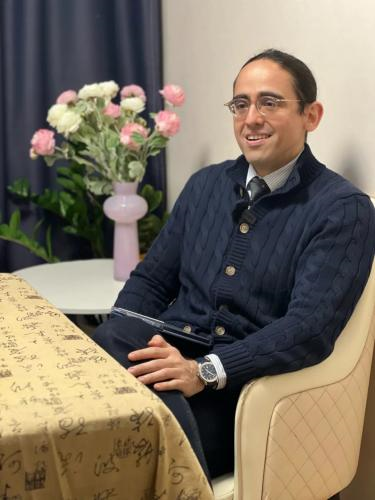
Shen Youyou (Giorgio Sinedino), a Brazilian Sinologist, currently resides in Macau. He has published works such as ‘Os Analectos,’ ‘Dao De Jing,’ and ‘O imortal do sul da China,’ all of which include detailed interpretations of Chinese classics translated into Portuguese. He has also published dozens of related papers and articles. Among his translations, ‘Os Analectos’ won first place in the Chinese-Portuguese Literary Translation Award at its inaugural ceremony.
If you liked this article why not read: East Meets West丨Wang Jie: What is the significance of the successful UNESCO heritage application for the Spring Festival?

